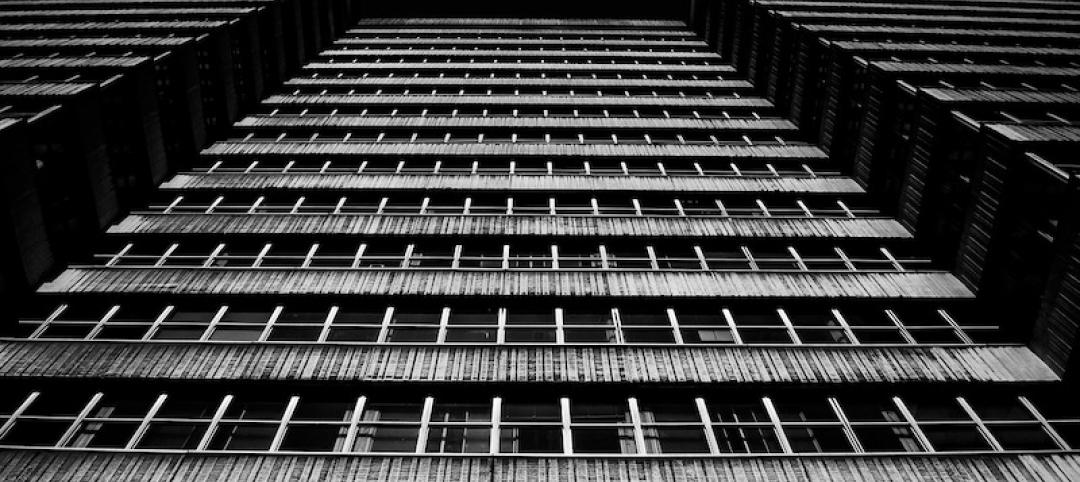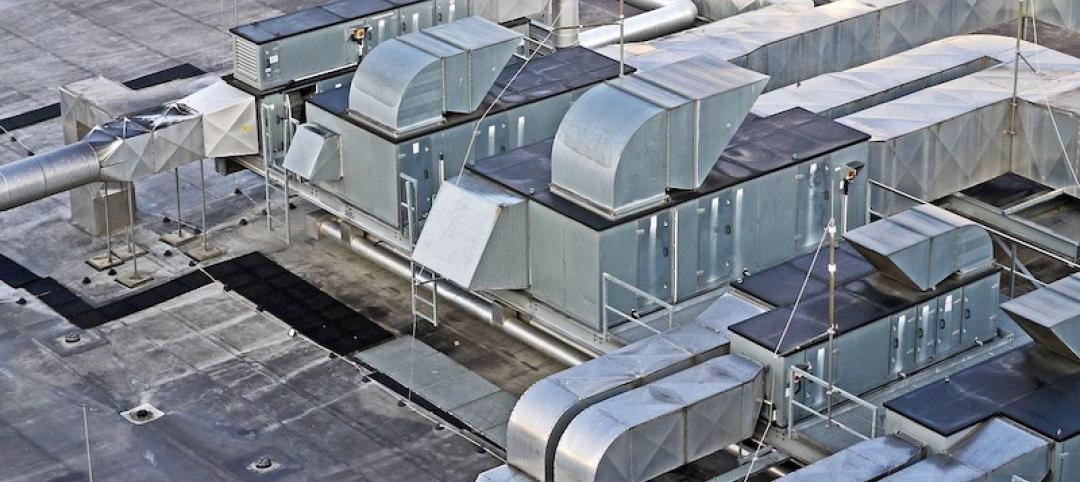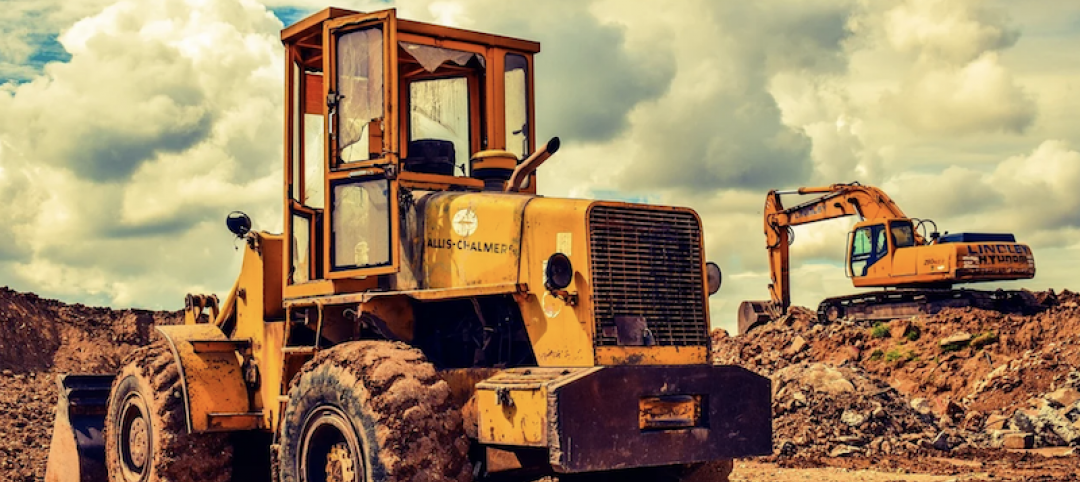In 2022, there have been nearly 200 fires and six deaths in New York City caused by lithium-ion batteries used in mobility devices such as electric bikes and scooters.
The New York City Council held a hearing last month to gauge the danger posed by poorly made, refurbished, or improperly charged batteries. The city currently limits five large lithium-ion batteries to a single residence.
Other cities including San Francisco also have experienced fires caused by lithium-ion batteries. Concerned over an uptick in fires, landlords in New York City such as Glenwood Management are reportedly considering bans on electric bikes and scooters.
If the batteries are damaged from being dropped or hit too hard, or are improperly stored or poorly manufactured, they can create excessive heat when being charged, resulting in a fire, according to a fire protection engineer at the National Fire Protection Association.
Related Stories
Codes and Standards | Mar 4, 2021
Biden administration overturns Trump’s federal building design mandate
Previous order promoted classical and “traditional” architecture above others.
Codes and Standards | Mar 3, 2021
Texas freeze raises questions about risks of electrifying buildings
Gas stoves helped residents cook, boil water when power went out.
Codes and Standards | Mar 2, 2021
New Seattle building code eliminates fossil fuels for most space and water heating
Also increases on-site solar photovoltaics, reduces envelope heat loss, air leakage, and interior lighting power allowances.
Codes and Standards | Feb 25, 2021
It’s not just lumber—roofing material prices are also on the rise
Lower demand for petroleum products means less asphalt production.
Codes and Standards | Feb 23, 2021
USGBC offers education on LEED Safety First pilot credits
Four courses address COVID-19.
Codes and Standards | Feb 23, 2021
ASHRAE Epidemic Task Force releases updated Building Readiness Guide
Includes flush calculations to reduce time and energy to clear contaminants between occupancy periods.
Codes and Standards | Feb 22, 2021
Preservation of Affordable Housing develops climate resilience strategy
Includes backup power for resident and staff “area of refuge”.
Codes and Standards | Feb 18, 2021
Construction industry moves toward comprehensive U.S. BIM standard
NIBS hosts roundtable to create coordinated program to advance collaboration.
Codes and Standards | Feb 17, 2021
Construction on international sports venues is ripe for corruption
Poor planning, complex contracting, a lack of accountability and high levels of collusion to blame.
Codes and Standards | Feb 16, 2021
Feds may fund removal of some urban highways
Senate bill proposes pilot program to reknit communities.

















